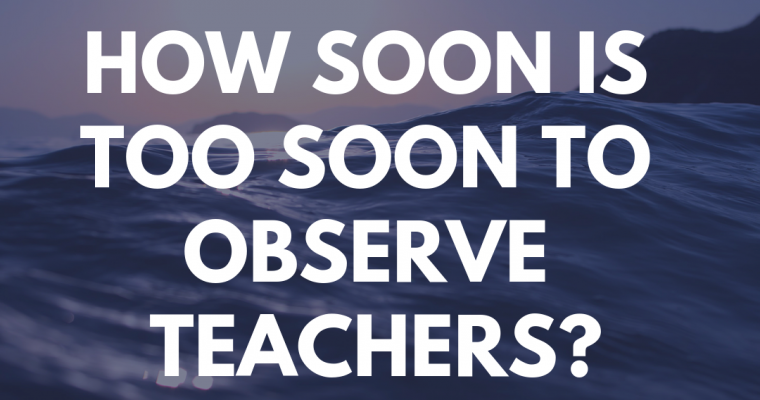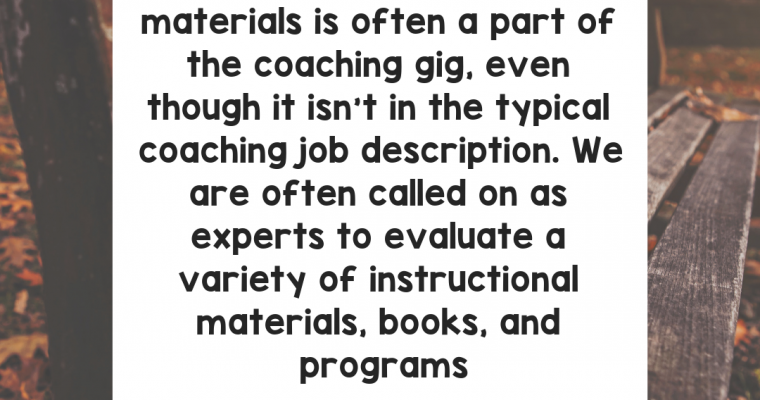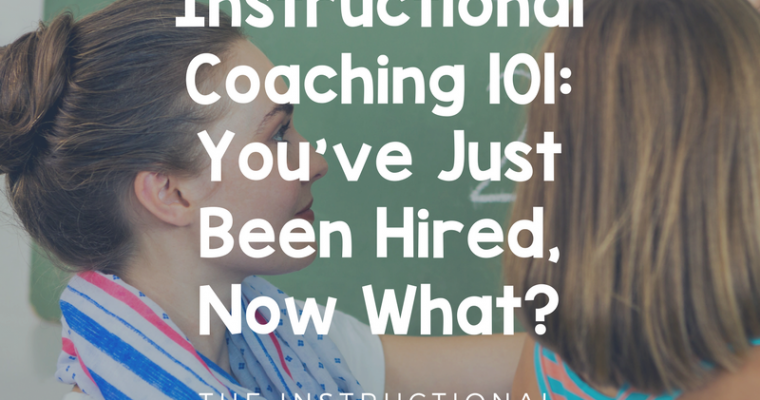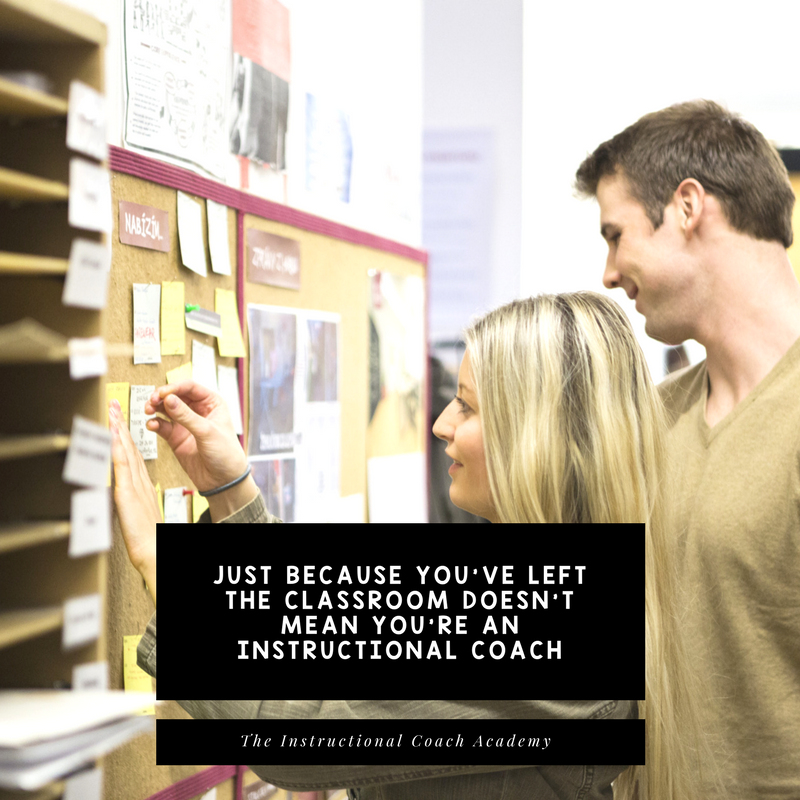How Soon Is Too Soon to Observe Teachers?
How soon is too soon to visit classrooms? Maybe that is the wrong question. How soon is too soon to start observing teachers and providing feedback? This is my struggle. Of course, as a coach, I want to get into classrooms as soon as possible. […]





